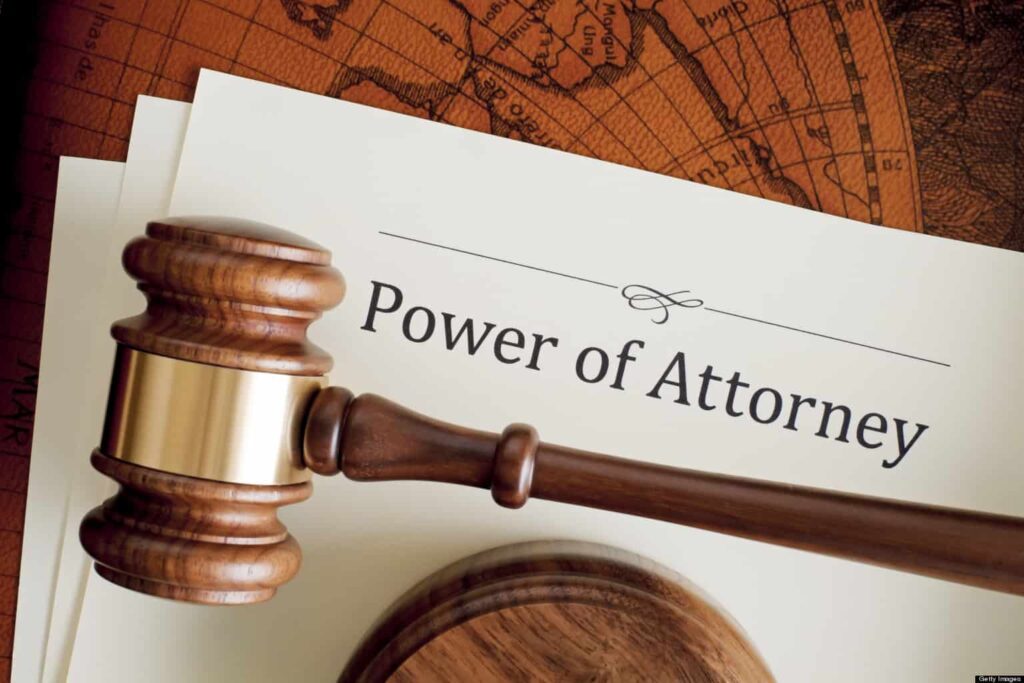A power of attorney can’t change a properly written will. But note that an agent can make many changes to the assets in the estate, says Yahoo Finance’s recent article entitled “Can a Power of Attorney Change a Will?”
A power of attorney is a document that grants a person, known as the attorney in fact or agent, the authority to make legally binding decisions on your behalf. This can mean managing financial assets, signing contracts, and other commitments.

Your attorney in fact can access confidential materials and their decisions are as binding as if you had made them yourself. In some instances, you may want your power of attorney to be broad and at other times you may want to limit the authority under your power of attorney by time, scope, or both.
Provided a will is valid, an attorney in fact under a power of attorney can’t modify or rewrite it. It’s not within their scope of authority, even if it specifically says otherwise in their power of attorney assignment.
A will written by an agent under a power of attorney is invalid on its face.
The authority of a power of attorney typically ends once the principal (the person granting authority) dies. At that point, the principal’s legal rights transfer to their estate. The executor of the estate takes over and manages all of the deceased’s affairs from that point forward.
Thus, an attorney in fact appointed under a power of attorney can’t change a will while the principal is alive because they don’t have the authority to do so. In addition, they can’t change an estate once the principal dies because their role as attorney in fact under the power of attorney ends with his or her death.
It’s important to understand that a person with a power of attorney can still change the circumstances surrounding a will. He or she can make changes to your estate—essentially before it becomes your estate. For example, an attorney in fact can make significant financial decisions on your behalf. As a result, they may be able to restructure your personal finances according to their own best judgment. The effect is that it may invalidate sections of your will if the power of attorney dissolves or changes assets that you had assigned to various heirs. This doesn’t always require bad faith and unfair dealing, but that can also occur.
If you include a power of attorney as part of your elder care plan, you should discuss your estate wishes with your attorney in fact in advance. Remember that issues such as a power of attorney and estate law are highly specific to each state. Talk to an experienced estate planning attorney about a power of attorney.
Reference: Yahoo Finance (Sep. 17, 2021) “Can a Power of Attorney Change a Will?”








